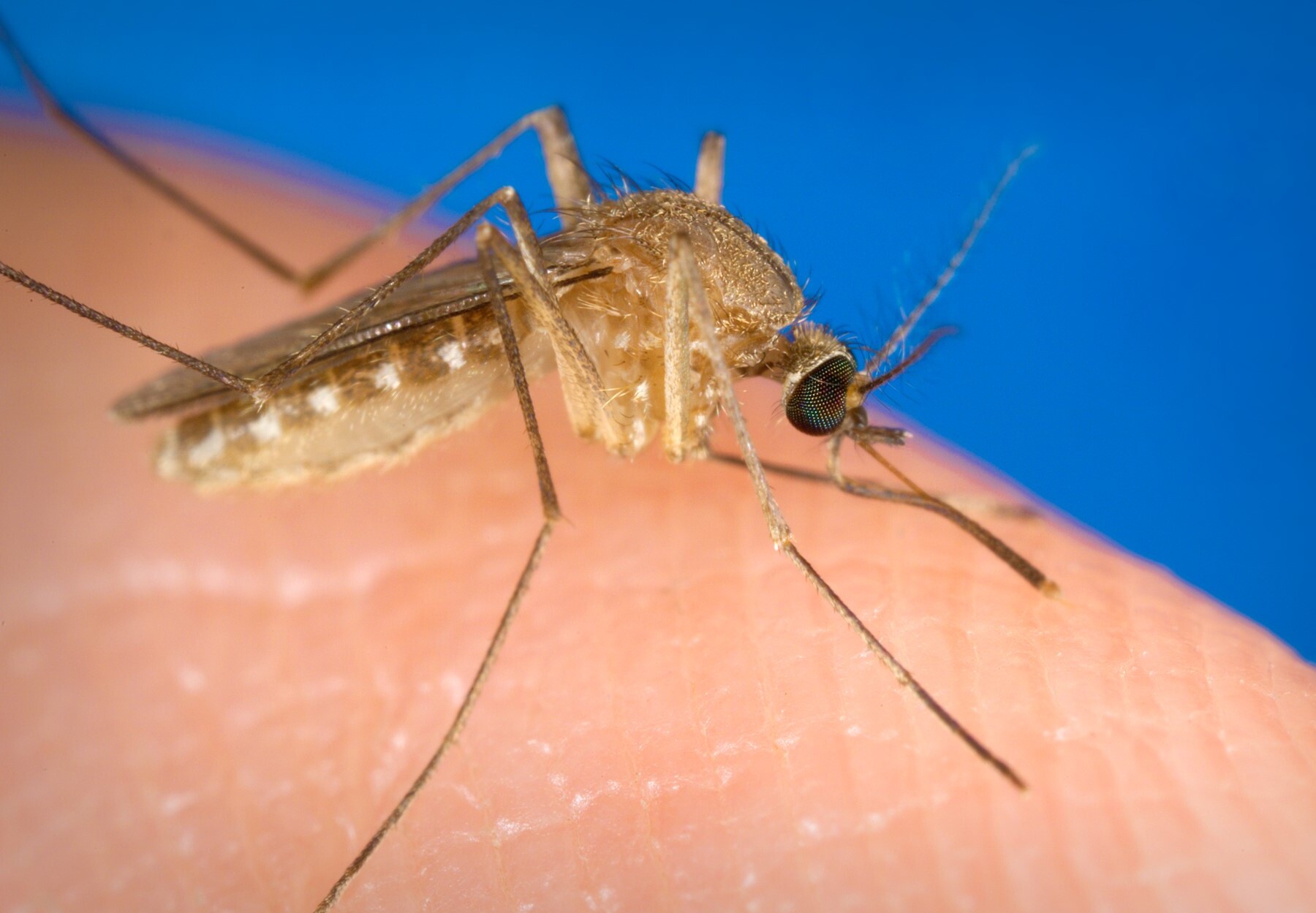
West Nile Virus is a mosquito-borne illness that can cause serious health issues. But what are the symptoms of West Nile Virus? Knowing these signs can help you seek medical attention quickly. Symptoms range from mild to severe, and understanding them is crucial for early detection. Mild cases might only cause fever, headache, and body aches. Severe cases can lead to neurological issues like encephalitis or meningitis. Did you know that about 1 in 5 infected people develop a fever, while 1 in 150 may face severe illness? Recognizing these symptoms early can make a big difference in treatment and recovery. Stay informed to protect yourself and your loved ones.
What is West Nile Virus?
West Nile Virus (WNV) is a mosquito-borne illness that can cause serious health issues. Originating in Africa, it has spread to many parts of the world, including North America. Understanding the symptoms can help in early detection and treatment.
Early Symptoms of West Nile Virus
Recognizing the early signs of WNV is crucial for timely medical intervention. Here are some initial symptoms to watch out for:
-
Fever: One of the first signs of WNV is a sudden onset of fever. This can be mild or severe, depending on the individual's immune response.
-
Headache: A persistent headache often accompanies the fever. It can range from mild to debilitating.
-
Fatigue: Feeling unusually tired or weak is another common early symptom. This fatigue can last for weeks.
-
Body Aches: Muscle and joint pains are frequent complaints among those infected. These aches can be widespread or localized.
-
Skin Rash: Some people develop a rash on their torso. This rash is usually not itchy but can be a telltale sign of WNV.
Severe Symptoms of West Nile Virus
In some cases, WNV can lead to more severe neurological symptoms. These symptoms require immediate medical attention.
-
Neck Stiffness: Severe cases often involve stiffness in the neck, which can be a sign of meningitis or encephalitis.
-
Disorientation: Confusion or disorientation is a serious symptom indicating that the virus has affected the brain.
-
Tremors: Uncontrolled shaking or tremors can occur, making it difficult to perform everyday tasks.
-
Seizures: In extreme cases, seizures may happen. This is a medical emergency and requires prompt treatment.
-
Paralysis: Partial or full paralysis can occur, particularly in the limbs. This paralysis can be temporary or permanent.
Long-term Effects of West Nile Virus
Even after the initial infection has cleared, some people experience long-term effects. These can impact quality of life and require ongoing medical care.
-
Chronic Fatigue: Many people report feeling fatigued for months or even years after the infection.
-
Memory Loss: Cognitive issues, including memory loss, are common long-term effects. This can affect daily functioning and job performance.
-
Muscle Weakness: Persistent muscle weakness can linger, making physical activities challenging.
-
Depression: The psychological impact of WNV can lead to depression and anxiety. Mental health support is often needed.
-
Kidney Damage: In rare cases, WNV can cause long-term kidney damage, requiring ongoing medical monitoring.
Understanding these symptoms can help in early detection and treatment of West Nile Virus. Stay vigilant, especially during mosquito season, to protect yourself and your loved ones.
Final Thoughts on West Nile Virus Symptoms
Understanding West Nile Virus symptoms can make a big difference in early detection and treatment. Symptoms range from mild, like fever and headaches, to severe, such as muscle weakness and neurological issues. Most people infected won't show any symptoms, but those who do need to seek medical attention quickly. Preventing mosquito bites by using repellents, wearing long sleeves, and eliminating standing water can reduce the risk of infection. Knowing these facts helps protect yourself and your loved ones. Stay informed, stay safe, and take preventive measures seriously. If you suspect you or someone you know might have West Nile Virus, don't hesitate to consult a healthcare professional. Early intervention can significantly improve outcomes. Stay vigilant and proactive in your health practices.
Was this page helpful?
Our commitment to delivering trustworthy and engaging content is at the heart of what we do. Each fact on our site is contributed by real users like you, bringing a wealth of diverse insights and information. To ensure the highest standards of accuracy and reliability, our dedicated editors meticulously review each submission. This process guarantees that the facts we share are not only fascinating but also credible. Trust in our commitment to quality and authenticity as you explore and learn with us.


